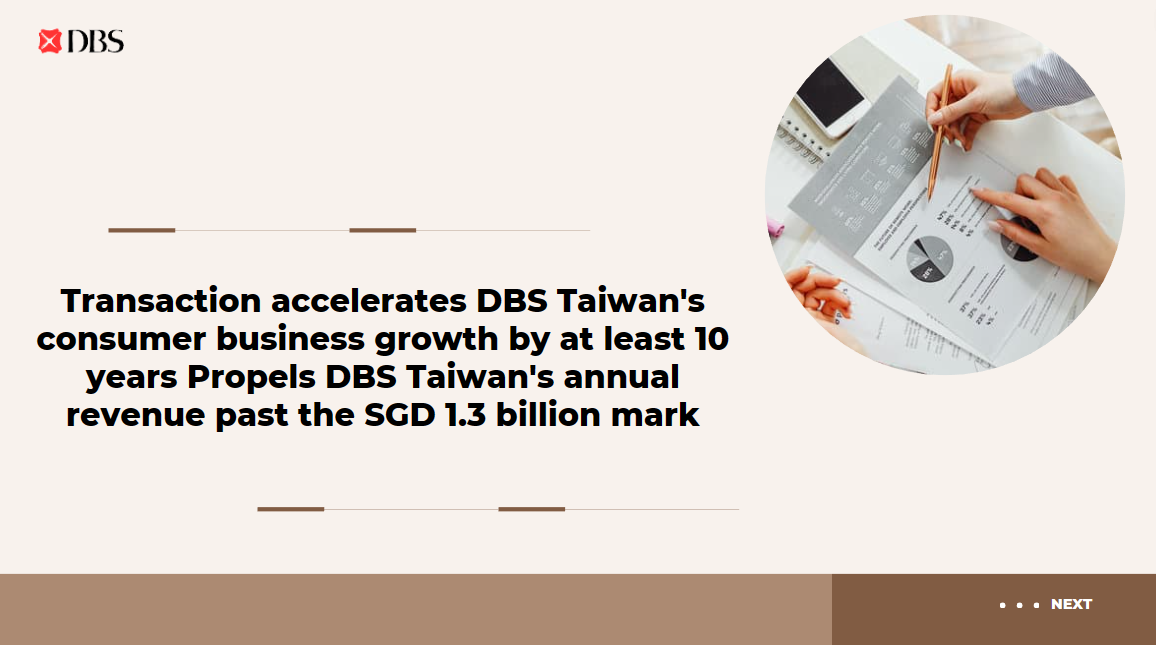Experts see stock decline ending soon
The debt-ridden Chinese property industry's troubles and downward pressure on economic growth may be affecting the A-share market sentiment now, but expected supportive policies will likely inject more vitality into Chinese stocks and stabilize investor expectations in the following months, experts said on Monday.
The benchmark Shanghai Composite Index closed 0.34 percent lower at 3178.43 points on Monday. This month, the barometer has shed 3.4 percent while the Shenzhen Component Index slid nearly 3.5 percent.
Experts from China Merchants Securities said aggregate financing to the real economy and credit data in July have both failed to meet market expectations, resulting in recent market volatility and impaired market sentiment.
Owing to the US dollar loan default stress haunting China's largest private property developer Country Garden since Aug 8, shares of the A-share property companies fell 2.23 percent on average on Monday, the biggest slide among all sectors.
Yang Delong, chief economist of First Seafront Fund, said that if local property market policies are relaxed at an appropriate time and with adequate strength as per a city's situation, investors' mood will pick up, leading to a market rally.
Some supportive efforts have been initiated already outside of the property industry. For instance, the Shanghai and Shenzhen bourses announced on Thursday that investors trading in stocks or listed funds will be allowed to place orders for a minimum one share. This will help lower costs for investors, enable more efficient use of capital and help improve market liquidity, the two exchanges said.
The China Securities Regulatory Commission and its counterpart in Hong Kong have agreed to introduce block trading into the Shanghai-Hong Kong Stock Connect and the Shenzhen-Hong Kong Stock Connect, the commission said in a statement on Friday.
The draft of the new policy address to be delivered by Hong Kong Chief Executive John Lee Ka-chiu on Oct 25 is now in the public domain for public opinion. The Hong Kong Securities & Futures Professionals Association suggested that stocks' stamp duties should be removed to facilitate the sustained development of the local securities industry, which is considered one of the four pillar industries.
Market mavens said any such moves would be a suitable response to the guidance given by the Political Bureau of the Communist Party of China Central Committee on July 24.
The top leadership had decided that more efforts are required to "invigorate the capital market and boost investor confidence". On July 25, the CSRC said policies should be implemented comprehensively to facilitate investment, financing and trading.
In their August forecast, experts from US-based Vanguard Investment Strategy Group expressed confidence that China will likely continue to adopt relatively moderate stimulative policies, including increasing policy banks' financing extended to high-end manufacturing and green industries.
The country's policy interest rate may be lowered by 10 to 20 basis points. The restriction on home purchases will be further relaxed, Vanguard said in its forecast.
Zhou Wenqun, equity portfolio manager at Fidelity International, said stimulative fiscal policies can be expected soon, which would bring about a rebound in the A-share market and ensure continued foreign capital inflows.
Globally, risk appetite will pick up amid the market consensus on an end to the interest rate spikes in the United States. Even in China, stocks of A-share-listed food and beverage companies may present investment opportunities. Other stocks to watch would be those of manufacturers of construction materials used in consumption scenarios, industrial companies bearing the concept of domestic substitution, consumer electronics makers and the undervalued financial service providers, Zhou said.
"The sound development of the capital market is crucial to realize the macroeconomic goals in the second half of the year, as the development of strategic emerging industries from direct financing is indispensable," said Zhang Bingwen, a senior researcher of Zhixin Investment.






















































First, please LoginComment After ~